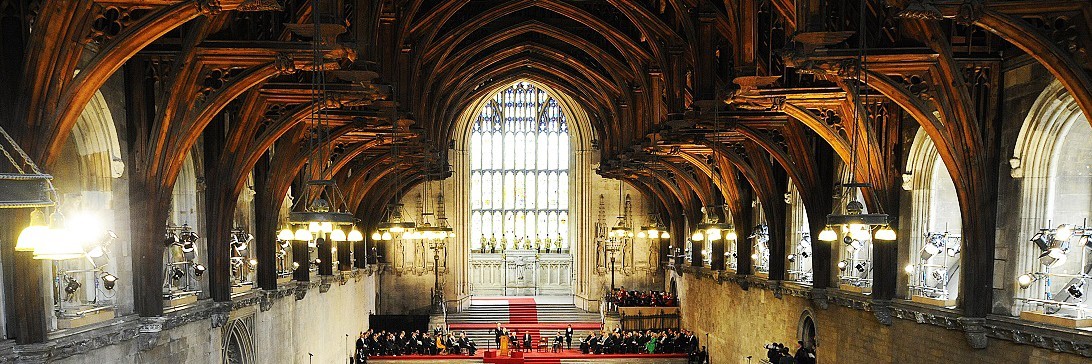The All-Party Parliamentary Human Rights Group (PHRG), in conjunction with ABColombia, held this meeting to discuss Colombia’s peace process and how the UK can contribute to achieving a sustainable peace in Colombia.
The PHRG would like to thank PHRG Treasurer, Mark Durkan MP, for chairing this meeting.
Those also in attendance at the meeting included:
- H.E. Nestor Fernando Osorio Londoño, Ambassador of Colombia to UK;
- Minister Yesid Reyes Alvarado, Colombian Minister of Justice;
- Catherine West MP, Shadow FCO Spokesperson;
- Christine Wright, Head of the Andean Section, FCO;
- Louise Winstanley, Programme and Advocacy Manager, ABColombia.
The following points were raised during this meeting:
- There are huge challenges to achieving a sustainable peace in Colombia, including in connection with ending the violence (and monitoring this), providing access to justice and land restitution for victims, and addressing the social problems that underpin the conflict (such as responding to the needs of marginalised groups and generating more inclusive development, particularly in rural areas). The challenges should not be underestimated but vary hugely depending on the region. Achieving a sustainable peace will be a long term process, and will require dealing with those who, for various reasons, want the process to fail and those with conflicting interests.
- The UK is an important strategic partner of Colombia and has supported the peace process, particularly at the UN Security Council where it helped secure a resolution in January. The UK is also ready to assist with the implementation of a peace agreement.
- The EU has also played an important role in supporting the peace process and is committed to supporting the implementation of a peace agreement. The EU and the UN will work together to provide the necessary international support – both material and political. A number of different trust funds have been put in place to underwrite programmes which will arise at various stages further to the agreement.
- All sides of the conflict must be held to account for abuses committed during the conflict.
- There are local networks of paramilitaries, local officials and the military which have not yet been dismantled, especially in rural areas.
- There is a danger that paramilitary groups and organised criminal gangs could move into areas previously held by the FARC if a peace deal is signed.
- Violence against women is a major problem and will continue after the the signing of the peace agreement. There should be special attention paid to address this, perhaps through the creation of a National Action Plan.
- Attacks against human rights defenders are on the increase. 63 were killed in Colombia last year.
- Human rights defenders may be more vulnerable in the aftermath of a peace deal, if illegal armed groups fill the vacuum left by the FARC and further to land restitution and truth and reconciliation/justice processes. A protocol for collective protection mechanisms with HRDs in rural areas is being developed.
- Colombia’s civil society is strong, and will help to monitor the implementation of a peace deal. Civil society needs continued support from the international community, both financially and politically, and from within the country.
- More generally, implementation of any agreement will require local delivery mechanisms and community involvement.
- In order to get public backing for the peace agreement, it will be important to promote the benefits of peace, develop a new culture of peace and reconciliation, and generate a clear and comprehensive peace dividend.
The PHRG will continue to focus on the human rights situation in Colombia and to support efforts to achieve a sustainable peace in the country. The PHRG looks forward to receiving further information about the progress of on-going peace talks, with reports now indicating that an agreement will be signed by the end of the year, followed by a referendum.

